Displaying 1 - 17 of 17
08 March 2024
Strong bridges needed more than ever
21 December 2016
Churches’ diaconal action in the Middle East analyzed
01 December 2016
WCC general secretary pays tribute to Patriarch Ignatius IV
10 December 2012
WCC consultation in Beirut explores conciliar ecumenism
16 February 2012
WCC delegation met with Syria's Assad
24 April 2008
October 2005
26 September 2005
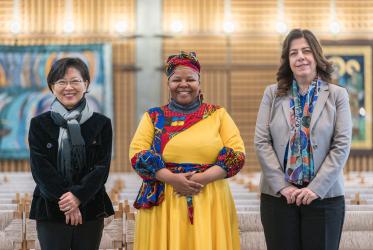
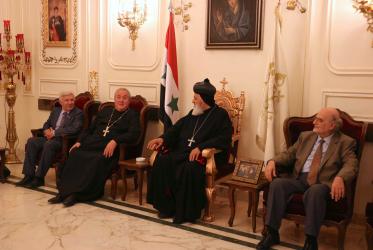
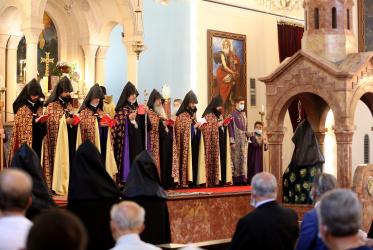

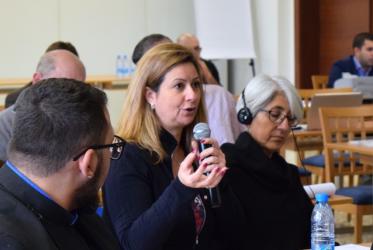
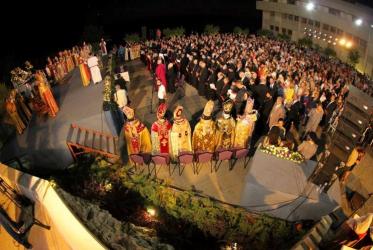

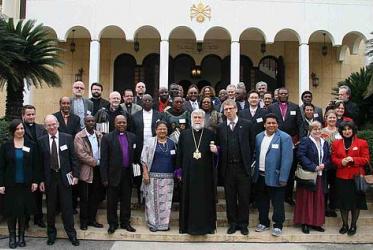

!["All Iraqis are trying to leave," Clara - a young woman working for the Greek Orthodox Patriarchate in Damascus and a refugee herself - told the WCC delegation. "Since one year the United Nations tell us that they will find a solution [for Iraqi refugees in the region], but nothing happens." "All Iraqis are trying to leave," Clara - a young woman working for the Greek Orthodox Patriarchate in Damascus and a refugee herself - told the WCC delegation. "Since one year the United Nations tell us that they will find a solution [for Iraqi refugees in the region], but nothing happens."](/sites/default/files/styles/teaser/public/newsItem/wjV59XHs.jpeg?itok=YIkp9xNl)

